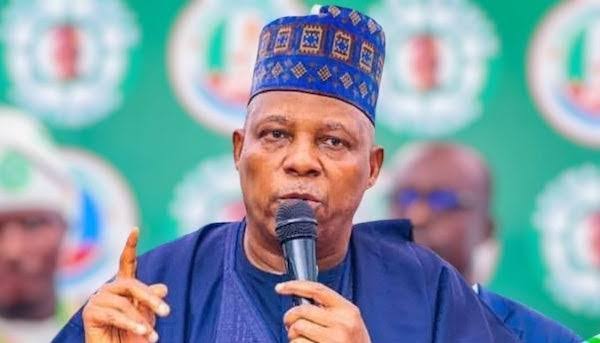The urgent need for rapid decentralization of governmental powers continues to stare Nigeria in the face, no matter the direction we look.
Recently, the Nigerian Governors Forum (NGF) met with the National Council of Traditional Rulers (NCTR) to advocate the constitutional incorporation of traditional rulers and local communities towards arresting our security challenges.
The incessant failures in the power sector, especially frequent collapses of the national electricity grid, have also prompted Vice President Kashim Shettima, to join the advocacy for the swift implementation of power grid decentralization.
With barely 4,500 megawatts optimal capacity for a country of about 230 million people, Nigeria’s national grid is one of the most unstable in the world.
In the eight years that former President Muhammadu Buhari ran the country’s affairs (2015 to 2023), the national grid collapsed a record 93 times. Also, just 17 months of Tinubu’s tenure, it has gone down another 14 times.
The situation is further worsened by the involvement of terrorists, bandits and vandals in the deliberate destruction of our transmission architecture.
This recently plunged the entire North into two weeks of total power failure, taking further toll on the already depressed economy.
Vice President Shettima, who is also the Chairman of the National Economic Council (NEC) called for the decentralization of the national power grid and the speedy implementation of the National Electricity Strategy Implementation Plan (NESIP) proposed by the Rural Electrification Agency (REA) in a recent business visit to his office.
Nigeria’s experimentation with the idea of a national grid system has been an expensive and utter failure. The British colonial masters started Nigeria off with a decentralized power structure, whereby grids were established to service specific economic hubs such as the growing industrial zones in Lagos and mining sites in Enugu, Jos and other areas.
The defunct Electricity Corporation of Nigeria (ECN) set up by the colonialists continued to provide power distribution efficiently until the disastrous creation of the National Electric Power Authority (NEPA) in 1972 through the merger of ECN and the Niger Dams Authority (NDA). Despite the name changes and even privatization of power generation and distribution, Nigeria remains one of the most poorly powered nations on earth.
Former President Buhari in June 2022, announced the decentralization of the national grid, and followed it up by signing a Constitution amendment bill removing items like railways, power and prisons from the Exclusive to Concurrent List.
The various state, local governments and even the private sector must strive for localized, mini-grids without fear of being forced to offload their power into the national grid first.
The emergence of many, relatively affordable and renewable power sources, such as solar, wind and fuel-less generating sets, should be actively exploited. It is the government’s duty to drive this policy to fruition.
VANGUARD











